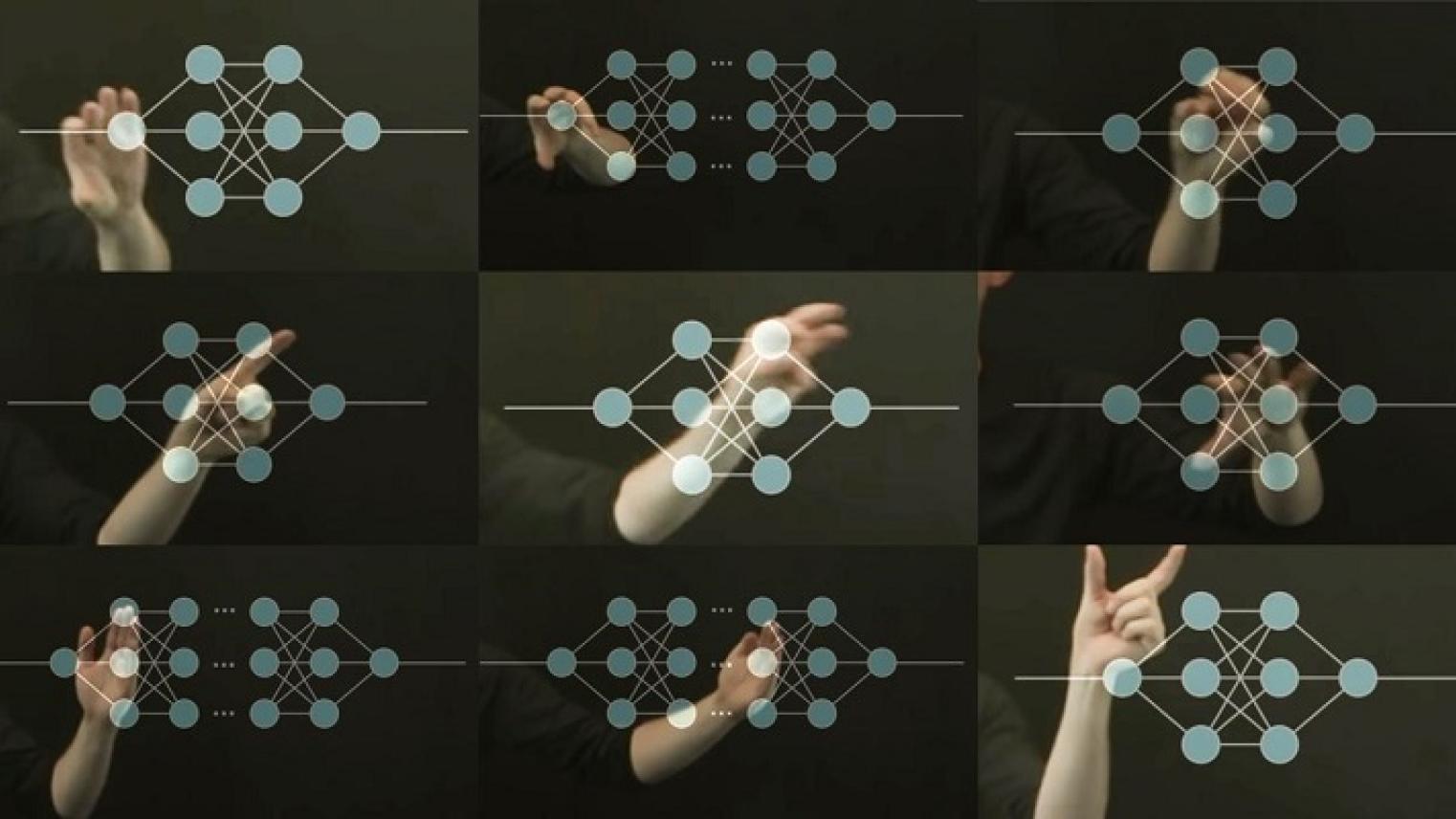A refined version of epistemic community theory may help policymakers decide when they ought to defer to experts when designing AI regulations.
A sizable number of researchers believe that humanity will probably deploy superintelligent AI this century, and that this could plausibly result in our destruction or permanent disempowerment. They therefore claim that we ought to dramatically change our AI policy, perhaps by slowing down AI capabilities research, speeding up AI alignment research, or implementing other kinds of regulation.
Matthew begins by arguing that expected-value considerations give us decisive reason to assume that these researchers are broadly correct. Yet given controversy within the field and the technicality of the arguments these researchers present, deciding which specific recommendations to adopt is a difficult problem for policymakers. This provides the motivation for considering epistemic community theory, as an account of how policymakers rationally ought to defer to experts under conditions of uncertainty.
Matthew then engages with some of its most important critiques, and tries to produce a refined version of the theory. Finally, he shows how he might test this theory against historical cases, and consider how it applies to recent developments in AI governance.
This seminar is Matthew's Confirmation of Candidature milestone presentation. As such, the presentation is a closed event for RegNet staff, visitors and students only.
About the speaker
Matthew Macines's undergraduate study was in philosophy, where he wrote his honours thesis on the moral significance of future persons. He is now focusing on questions surrounding the regulation of artificial general intelligence, as one technology which could greatly affect the long-term future of humanity.
COVID protocols
The ANU strongly encourages you to keep a mask with you at all times (for use when COVID-19 safe behaviours are not practicable) and to be respectful of colleagues, students and visitors who may wish to continue to wear one. Please continue to practice good hygiene. If you are unwell, please stay home. The ACT government’s COVID Smart behaviours can be accessed here.
This seminar presentation is in-person only. Registration is not required for in-person attendance as neither the ANU nor ACT Health conduct contact tracing any longer.
If you require accessibility accommodations or a visitor Personal Emergency Evacuation Plan please email regnet.communications@anu.edu.au.
Image credit: ‘Explainable AI’ by Alexa Steinbrück from Better Images of AI free to use under CC-BY 4.0 licence: nine small images with schematic representations of differently shaped neural networks, a human hand making a different gesture is placed behind each network.
